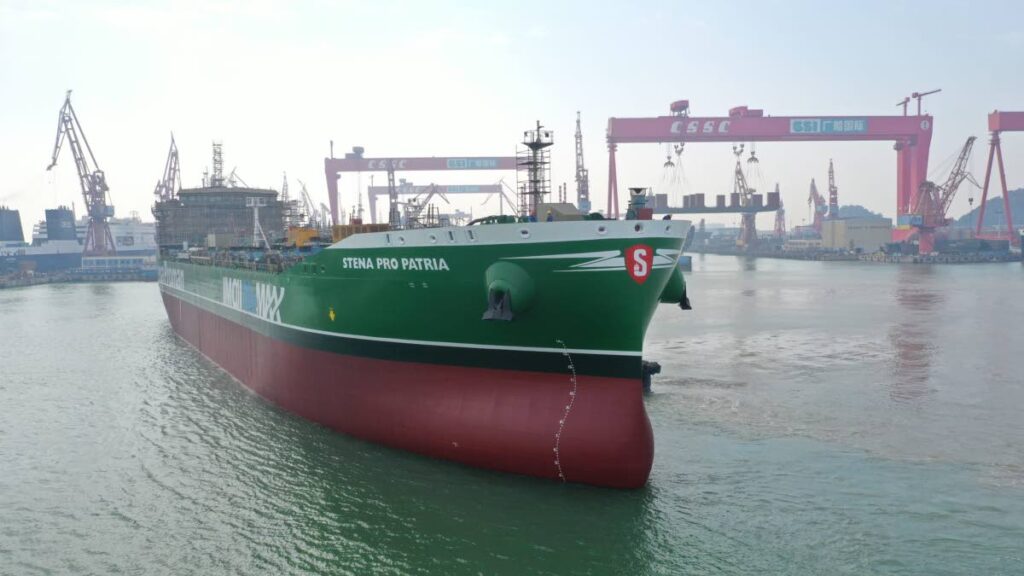Proman methanol dual-fuel vessel to dock in Trinidad and Tobago

WITHIN the next few months, Proman is expected to dock a methanol dual-fuel vessel in Trinidad and Tobago which will be powered by methanol, as part of its mandate to reduce emissions in the maritime sector.
Proman operations managing director Alyeea Ali speaking at the Energy Chamber’s Caribbean Sustainable Energy Conference 2022 on Wednesday, the final day of the three-day conference, said TT was well situated to become the hub for clean marine fuel which can serve the global community.
“We see investing in methanol-powered vessels as a tremendous enabler for the faster transition to reducing emissions for a lower carbon future. Over the past few years, we began construction of six state-of-the-art methanol dual-fuel vessels in partnership with the leading global shipping company Stena.
“We would be using some of these vessels to cleanly transport our methanol to customers, starting in 2022 with the Stena Pro Patria, which would arrive in a few months.”
Last year the Switzerland-based company commissioned the construction of two 49,900 dwt methanol dual-fuel MR tankers at Guangzhou Shipyard International (GSI) in China. That project was expected to be completed by 2023.
The company will have on hand, once completed, six methanol-powered vessels, which also include the Provident, Progressive and the Promise, which were due to be delivered in 2022 and 2023.
The maritime sector, Ali said was moving towards cleaner energy alternatives which provide a clear decarbonisation pathway for 2050 and beyond.
She pointed out that the shipping industry was responsible for about three per cent of all greenhouse-gas emissions, which was equivalent to about one billion tonnes of greenhouse gases globally, with a potential growth of 250 per cent by 2050.
“The ‘grey’ methanol produced today offers immediate reduction in tank-to-wake emissions in the shipping industry. Further to this, Proman’s TT plant utilises about 65 per cent of the carbon dioxide produced by the ammonia plants, thereby making our emissions from the TT even lower.
“Grey methanol using existing technology enables adoption of methanol as a marine fuel now and offers immediate environmental benefits. With increased investments in more energy-efficient technology, blending of blue and green methanol is achievable from about 2024, with significant reductions in emissions by 2035.”
Ali explained that methanol was a leading alternative to conventional marine fuels, clean-burning, biodegradable, has zero sulphur oxide and particulate matter emissions, cuts nitrate oxide emissions, and is 240 times less toxic than diesel.
She said it was a cost-effective fuel and the cost of converting an engine to methanol was significantly lower than other alternatives, and because it is at ambient conditions it also does not require capital-intensive infrastructure for its logistics and storage.
“Methanol as a marine fuel has a range of benefits for TT, especially as consultations are ongoing around the use of cleaner fuels in our maritime sector and their support towards our blue ocean-based economy.”


Comments
"Proman methanol dual-fuel vessel to dock in Trinidad and Tobago"